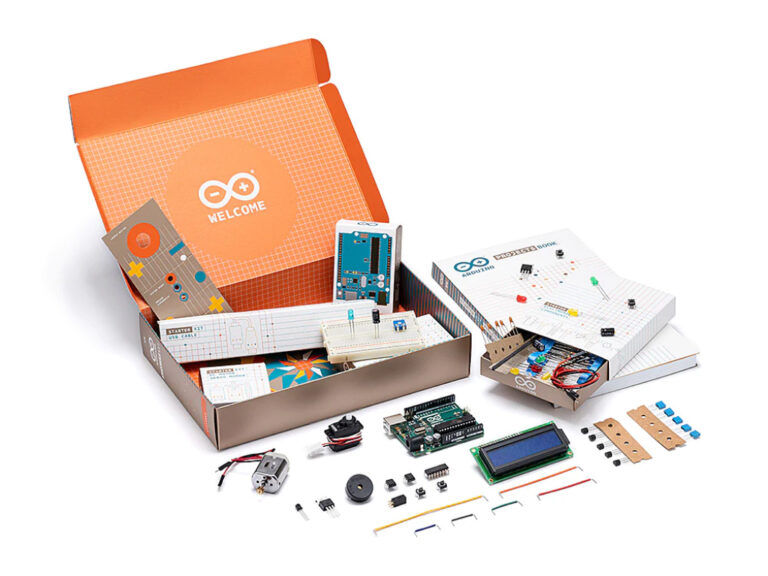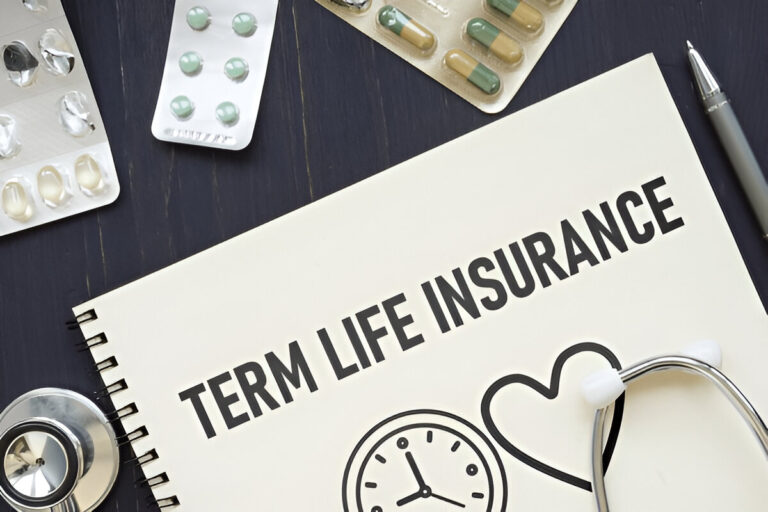Addiction often thrives in silence. The fear of judgment, shame, and misunderstanding can keep individuals locked in isolation—detached from family, friends, and even their own sense of self-worth. But recovery is not meant to be a solitary path. It’s a journey built on connection, community, and compassion.
One of the most powerful tools in breaking the cycle of shame and secrecy is the recovery event. Whether it’s a local walk for recovery, a national summit, or a small community gathering, these events serve as public declarations that healing is possible—and no one has to do it alone.
Understanding the Stigma of Addiction
Stigma is one of the most persistent barriers to recovery. It often shows up as:
- Social rejection or judgment
- Employment discrimination
- Lack of understanding from family or peers
- Internalized shame that prevents seeking help
Because addiction is still widely misunderstood as a moral failure rather than a health issue, many people feel forced to hide their struggles. This secrecy breeds isolation, which can deepen addiction and delay recovery.
How Recovery Events Create Safe, Supportive Spaces
Recovery events flip the narrative. They replace secrecy with visibility, and shame with pride. They gather people—those in recovery, allies, professionals, and families—into safe, empowering spaces where healing is celebrated, not hidden.
Here’s how:
1. They Normalize the Conversation
Events like Recovery Month rallies, speaker panels, and educational summits make recovery a public conversation. When people share their stories in front of crowds, it sends a clear message:
Addiction is real. Recovery is real. And talking about it helps.
This normalization chips away at stigma by putting faces and voices to the statistics.
“I never thought I’d say this out loud, let alone on stage. But sharing my journey today helped me realize I’m not alone—and I don’t have to be ashamed anymore.” — Recovery Event Speaker
2. They Build Community and Connection
One of the most immediate effects of attending a recovery event is the sense of belonging. Surrounded by others who “get it,” people in recovery often describe a feeling of emotional safety they haven’t experienced elsewhere.
From group walks to shared meals, every activity becomes an opportunity to connect:
- Meet potential sponsors or mentors
- Reconnect with loved ones in a sober environment
- Network with recovery coaches or professionals
- Share resources, stories, and strategies
These connections reduce the sense of isolation that so often fuels relapse and despair.
3. They Empower Recovery Voices
Many events highlight speakers who are in long-term recovery—individuals who once hid in shame but now speak with confidence. Their visibility is crucial. Not only do they provide inspiration, but they also serve as living proof that recovery is possible.
By elevating these voices, recovery events shift public perception and inspire those who may still be struggling in silence.
4. They Involve Families and Loved Ones
Family involvement is often a missing link in the recovery process. Recovery events invite families to be part of the conversation—not as bystanders, but as active supporters.
Workshops, panels, and open forums help families:
- Understand the nature of addiction
- Learn how to support recovery without enabling
- Hear from others with shared experiences
- Begin their own healing process
This shared learning helps to heal strained relationships and rebuild trust.
5. They Encourage Advocacy and Action
Breaking the stigma doesn’t stop with awareness—it’s also about advocacy. Many recovery events encourage attendees to take part in public awareness campaigns, policy advocacy, and community education.
Whether it’s writing a letter to a local legislator, signing a petition, or simply wearing a recovery wristband with pride, every action helps move the conversation forward.
Types of Recovery Events That Foster Connection
- Recovery Walks/Runs – Public displays of support for recovery that raise awareness and funds.
- Speaker Panels & Open Mic Nights – Platforms for individuals to share their personal journeys.
- Community Fairs – Family-friendly events that offer resources, food, music, and connection.
- Workshops & Retreats – Educational events for both those in recovery and their families.
- Sober Socials – Alcohol- and drug-free events that provide joy, celebration, and fun without substances.
The Ripple Effect of Connection
When one person feels seen, heard, and accepted in their recovery journey, it creates a ripple effect:
- They’re more likely to stay in recovery.
- They become advocates and mentors to others.
- They share their truth with friends, family, or social media.
- They help dissolve stigma in their circles.
And those ripples turn into waves—waves that can shift how entire communities talk about and treat addiction.
Final Thoughts: From Isolation to Empowerment
Recovery events are more than gatherings—they are lifelines. They offer visibility to the unseen, community to the lonely, and dignity to those who’ve been shamed.
By breaking the silence, they break the stigma.
By creating connection, they create hope.
And by embracing those in recovery, they make it clear: no one heals alone.






